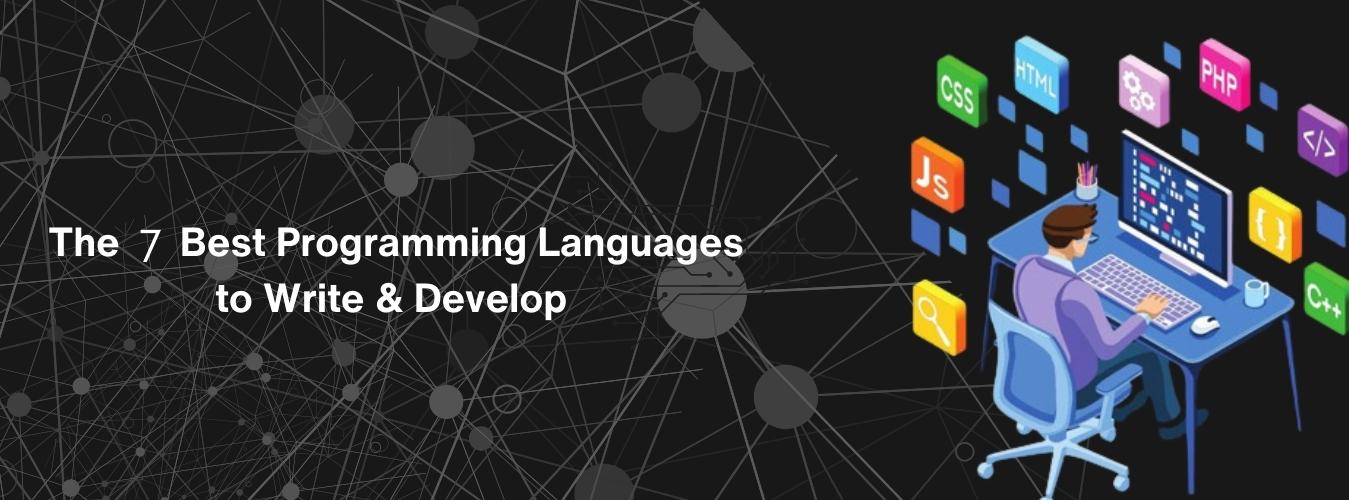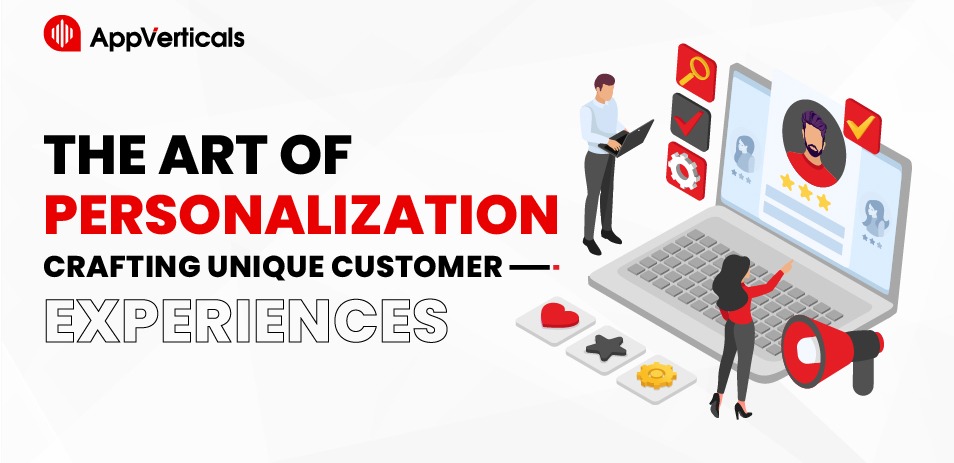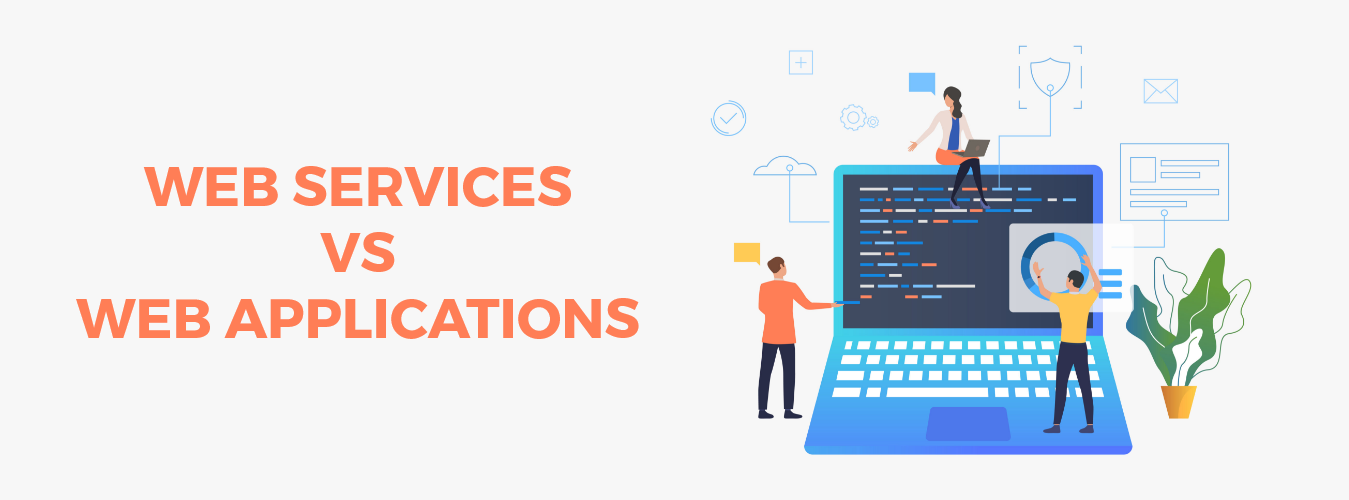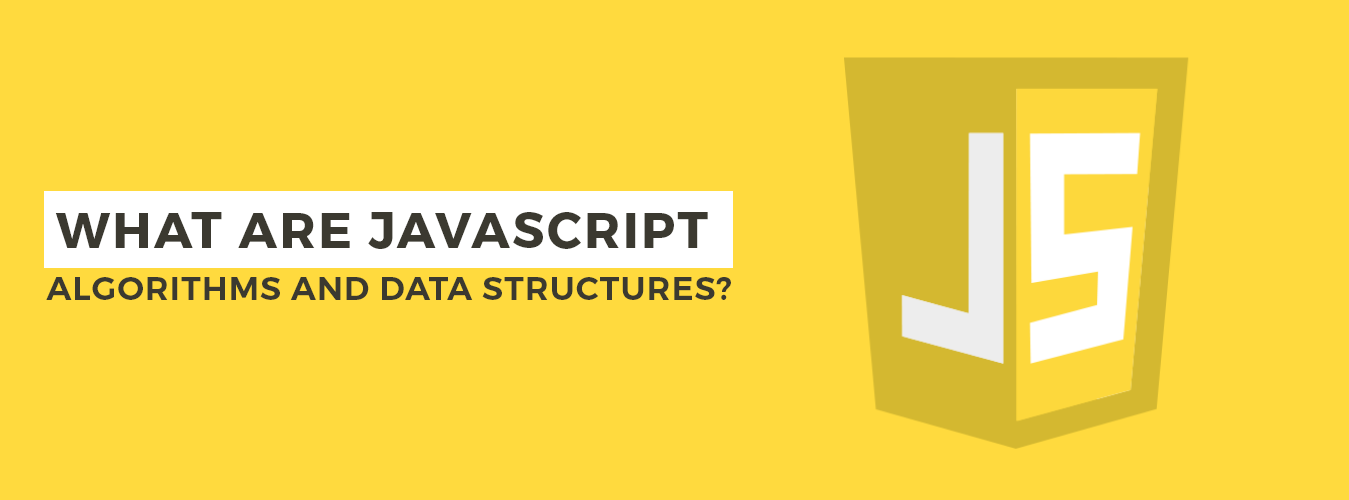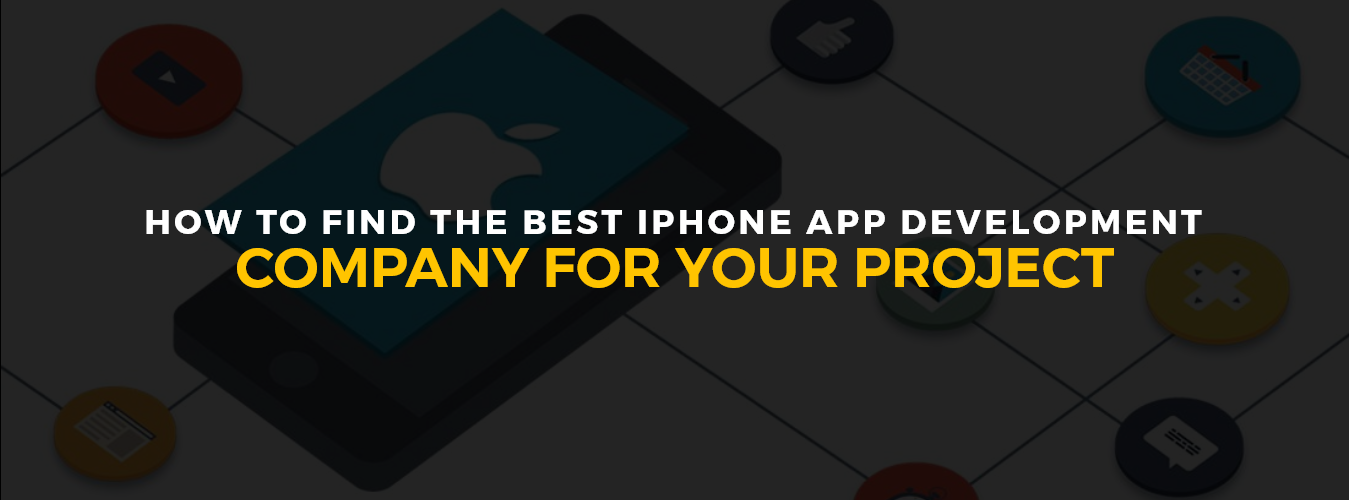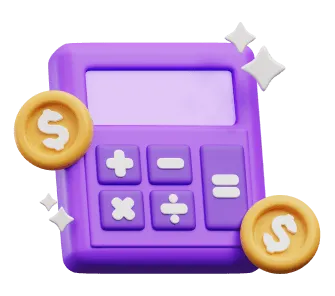Crafting Your Ideal Mobile App/Experience Starts Here!
Ready to elevate your business? Your custom app is just a click away.
Yes Let’s goOverview
Android is a mobile operating system (OS) that Google first introduced in 2008. With over three billion active users, the biggest user base of any operating system (triple that of the number of active Apple iPhones, for example), and 69.74% of the global mobile OS market, Android supports both smartphones and tablets. Many device manufacturers presently use it, including Google, Samsung, Sony, Nokia, and others.
7 Best Programming Languages for Android Apps
Here are the seven best Android programming languages to consider for developing native Android apps:
1- Java

Java is one of the popular language for developing Android apps, which predominated until Kotlin’s introduction. This Languages is still the most popular language for creating Android apps because it is reliable and secure, supports multithreading, is portable, and works well with complex architecture, which are enormous benefits for professional android app development company. Although this is accurate, Java does have some speed issues.
Also Recommend: business life cycle 7 stages
2- Kotlin

The Java Virtual Machine (JVM) supports the contemporary computer language Kotlin, created to be clear, expressive, and secure. The same company that produces the well-known IntelliJ IDEA development environment, JetBrains, is responsible for its creation. The initial distribution was in 2011. The compatibility of Kotlin with Java is one of its main advantages. This makes it simple to integrate Kotlin into already-existing Java projects because Kotlin code can invoke Java code and vice versa. Additionally, Kotlin provides several features that Java does not. Null safety, extension methods, and data classes are some features that can help make code less verbose and higher quality.
Kotlin is becoming more well-liked among android app development companies, in part because Google now formally endorses it as a first-class language for creating Android applications. Compared to Java, Kotlin has several benefits for Android programming. For instance, greater support for functional programming, reduced boilerplate code, and enhanced performance. Strong support for coroutines, a potent concurrency technique that can aid in simplifying challenging asynchronous programming tasks, is another benefit of Kotlin.
3- C#

C# is a cutting-edge programming language for android apps, including games, smartphone apps, and desktop and web applications. Microsoft first released it in 2000 as a component of the.NET Framework, and it has since grown to be one of the most widely used computer languages. A type-safe language with a wealth of sophisticated features is C#. For instance, automatic trash collection simplifies memory management and lowers the possibility of memory leaks and other errors. Additionally, C# enables object-oriented programming (OOP), which makes it simple to write modular, reusable code.
The tight integration of C# with the.NET Framework is one of its main advantages. That offers a comprehensive collection of libraries and tools for creating apps. From fundamental data structures and algorithms to more complex parts for web programming, database access, and graphical user interface (GUI) design, the.NET Framework has it all. Many games are created in C#, particularly those that use the well-liked Unity engine. Strong game creation support is available in C#, including 3D graphics, networking, and multithreading.
Also Recommend: transfer domain from shopify
4- Corona

A software creation kit called Corona can be used to create Android apps in Lua. Corona is primarily used to develop graphics-intensive software and video games, but it is in no way restricted to that. Corona Native and Corona Simulator are its two working modes. In contrast to Corona Native, which integrates Lua code with an Android Studio project to create applications with native features, Corona Simulator is used to create apps directly. Even though Lua has fewer features than Java, it is straightforward and has a lower learning curve. Additionally, different assets and plugins that enhance the app development process are built-in monetization features.
5- Python

Python is a well-liked general-purpose, high-level computer language. It is most suitable for inexperienced and seasoned programmers and is used in web development and machine learning app creation. It contains fewer syntactical constructions, uses English keywords, and is very readable. Python can also automate tasks, visualize data, and analyze data. Since it’s relatively simple to learn, many people who aren’t programmers have also started using it to complete various routine chores, like organizing and managing finances.
6- JavaScript

JavaScript will continue to be useful as long as people use the internet, according to William Ting. Web browsing, mobile app development for different platforms, and cross-platform mobile app development are all best suited for JavaScript. A webpage for NFT minting can also be created using Javascript. Outside of browsers, it operates without a hitch and can be built from various computer languages. Thus, JavaScript wins best choice for programming language for android apps.
7- Dart

Google created the general-purpose, object-oriented computer language Dart in 2011. The syntax of Dart is in the “C” manner, and it can be trans-compiled into JavaScript. Both client-side and server-side web programming makes use of it. Dart is also used for cross-platform and native mobile programming. In my opinion, the main benefit of learning Dart is Flutter, which makes creating cross-platform applications incredibly simple. We advise choosing Dart as your programming language to acquire Flutter.
Crafting Your Ideal Mobile App/Experience Starts Here!
Ready to elevate your business? Your custom app is just a click away.
Yes Let’s go

